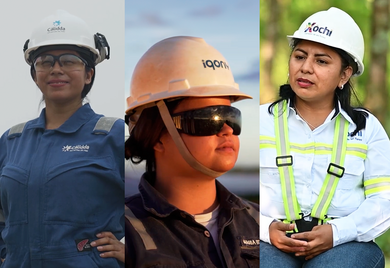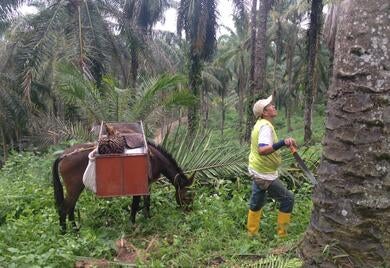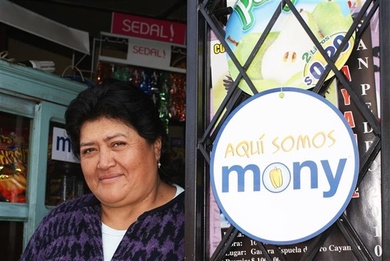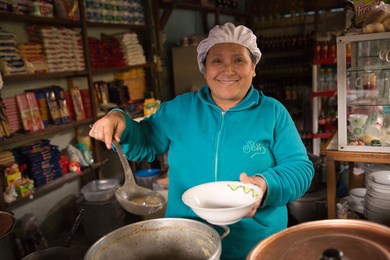Blogs Navigation
Sustainable BusinessRecent posts

Financial Health: Driving Growth in Latin America and the Caribbean
According to the latest Global Findex database, the proportion of adults in Latin America and the Caribbean (LAC) with account ownership rose from 39% in 2011 to over 75% in 2025. This increase was driven by the rise of digital-first financial service providers, expanded government transfers, and innovations that enhance the value proposition, such as the growth of e-commerce and instant payment systems in countries like Brazil, Peru, and Costa Rica.

IDB Invest and the New Push for the Private Sector in Paraguay
Imagine investing in a portfolio of projects in a country with sustained economic growth, low inflation, abundant clean energy, and preferential access to a regional market of 270 million consumers. That country is Paraguay, where IDB Invest has committed to mobilizing up to $1 billion to support strategic private-sector projects that drive sustainable development.

Energy and Transport Infrastructure: Projects Driving Jobs and Transforming Communities
IDB Invest works to boost job creation through the private sector and ensure these opportunities reach areas with the potential to develop new productive sectors and generate formal employment. Financing energy and transport infrastructure projects in Latin America and the Caribbean has been crucial for creating quality jobs and increasing women's workforce participation.

Four Ways to Get the Most out of Palm Oil in Latin America and the Caribbean
What do soap, Ben and Jerry’s, and KitKat bars have in common? They all contain palm oil, an oil produced by the oil palm tree. Indonesia and Malaysia produce the vast majority of the world’s supply and have experienced significant environmental consequences as a result. Now the crop’s profitability is attracting interest in other tropical climates, including Latin America and the Caribbean.

Improving effectiveness of development cooperation and the role of private sector
By Ichiro Toda Many collaborative efforts are underway to bring public and private development practitioners together to strengthen development effectiveness. The push for more cooperation began in November 2011 when the global development community, including the IDB, agreed to the Busan Partnership for Development Effectiveness. The principles in the agreement promote enhanced country ownership, results measurement, inclusive partnerships, transparency and mutual accountability in development work. Recognizing the central role of the private sector, the Busan final document encouraged efforts to:

Corporate social innovation is the new corporate social responsibility
By Elizabeth Boggs Davidsen A new trend in international development has paired some unlikely business partners: development finance institutions and impact investors are working with large multinational corporations to fund projects that advance both development and business agendas.

Financial inclusion just a click away: E-wallets and payment platforms
By Valentina Echeverry, Opportunities for the Majority; and Sergio Navajas, MIF. In Latin America, 60 percent of the population lacks access to financial services, equivalent to approximately 250 million people. However, mobile phone penetration is between 90 and 100 percent. In some countries, such as Colombia, penetration is 105 percent. This indicates that most people have a mobile device and some, even two. What role do mobile wallets and payment platforms play in financial inclusion?

Potential in the Pacific: Connecting SMEs across Latin America
By Ana Lucia Escudero Peru’s southern port of Paracas boasts pre-Incan trade routes dating back to 300 B.C. – a fitting venue to host the 10th Summit of the Pacific Alliance where heads of state from Mexico, Colombia, Chile and Peru discussed ways to deepen trade integration, financial ties and social inclusion among the four nations.

What is the connection between No Impact Week and sustainable business?
I dare you: Can you buy nothing for a whole day? I know it sounds tough, but it happens on No Consumption Day. Employees who sign up for No Impact Week can experience how lowering our environmental footprint can impact quality of life, communities and planet. While No Impact Week is about discovering how lifestyle changes like consuming less can increase personal fulfillment, health, and happiness, it certainly begs the question: How is less consumption also good for sustainable business?


